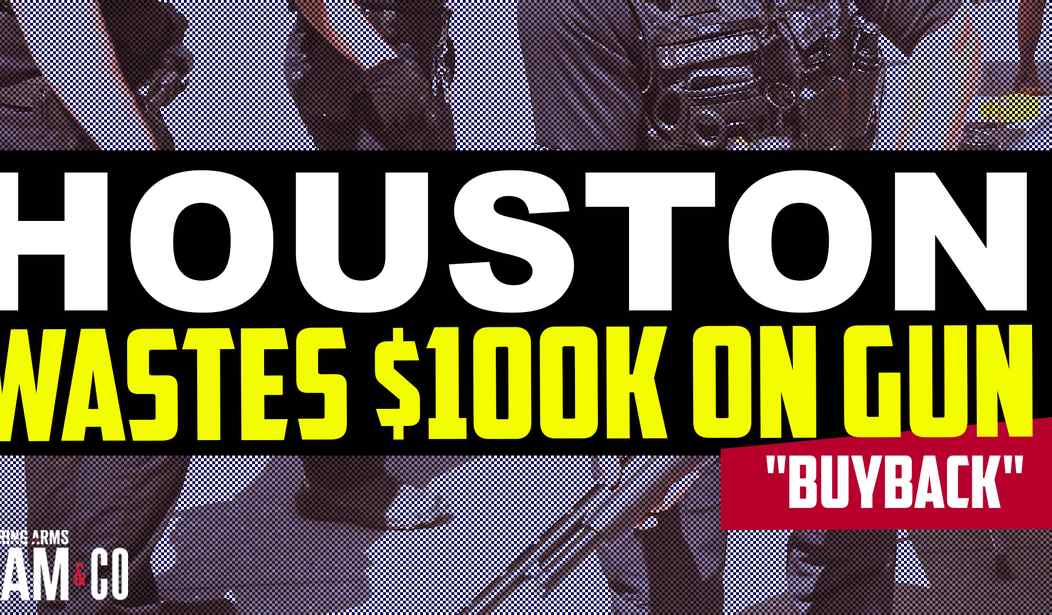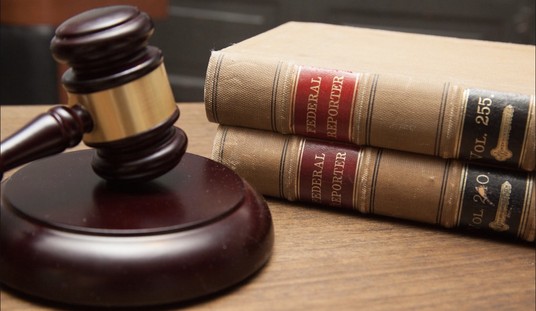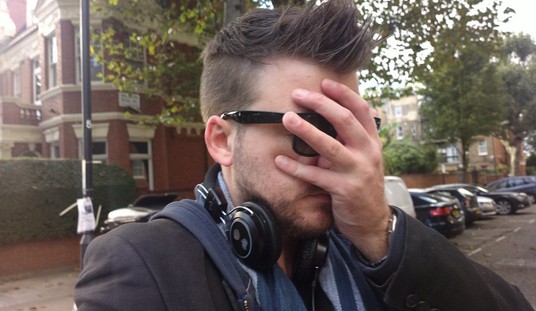Gun owners are well aware of the ineffectiveness of gun “buyback” programs when it comes to reducing violent crime, but surprisingly, one public radio outlet in Texas is casting a critical eye on Houston’s recent compensated confiscation event and questioning the motivations behind it.
This is the same gun “buyback,” by the way, where a man supposedly sold dozens of home-built firearms at an enormous profit, prompting the city to announce that going forward no more “ghost guns” will be accepted. The radio program “The Texas Standard” didn’t include that little tidbit in their reporting, but they did speak to Montana State University economist Mark Anderson about the effectiveness of compensated confiscation events like these, and discovered that Anderson and other researchers have found no real benefit, at least when it comes to public safety.
Texas Standard: So in this study that you put together with some coauthors, you all found that “Gun buyback programs are an ineffective policy strategy to reduce gun violence.” Why is that?
Mark Anderson: Well, you know, one thing that we have changed in this paper is the title. The title started out “Do gun buyback programs work?” And we thought, well, that’s not quite right. What we’re doing is we’re analyzing buybacks as they’ve been implemented in the U.S. historically. So we change the title to “have they” worked. And the answer to this is no. We find that there are no decreases in gun-related violence in the wake of gun buyback programs.
The why is still somewhat of an open question. Most of our answers are speculative or based on anecdotes. But, you know, I think there’s a couple of things: One, the price is pretty low for most of these buybacks. Two, there’s this selection effect because it’s voluntary exchange. Who’s turning their guns in? Is it the person on the margin who you really want to get the gun out of their hands? Probably not. The size of the program was something we really tried to dig into as well. We said, well, okay, maybe we wouldn’t expect a gun buyback where, you know, 30 guns are brought in to be effective. But what about some of these larger ones where there’s, you know, a couple thousand guns being brought in and, you know, sure enough, we did not find that those were effective either. Even these larger scale buybacks were not particularly effective in the United States.
As Anderson points out, these “buybacks” aren’t likely to be used by violent criminals who’ve had a change of heart. So why are we seeing a resurgence in popularity for the programs?
I mean, I think that’s a great question. And this is something I’ve thought a lot about. I often think, maybe the gun buyback is something that’s not really a contentious gun-related policy, and it’s easy to implement. And it’s not met with as much pushback as the more, you know, contentious types of mandates or policies like, you know, large capacity magazine bans or assault rifle bans, which don’t have much across-the-aisle support. So, you know, maybe that’s a reason.
Or, to put it another way, there’s little-to-no cost to the politicians who promote these “buybacks,” particularly when they use federal funds to purchase used guns from private citizens as we saw in Houston. And with the Biden administration giving hundreds of billions of dollars to cities to implement their own “gun violence prevention” strategies through the use of stimulus funds, there’s plenty of cash to go around at the moment.
Basically, the $100,000 in taxpayer funds used in the Houston “buyback” were really spent to promote Mayor Sylvester Turner and make it appear as if he’s doing something to address violent crime. Instead, the mayor is only offering a soundbite solution; something that might sound appealing on TV, but is aimed more at public relations than public safety. With Turner vowing to spend $900,000 more on these compensated confiscation events in coming months, I’m sure he’ll get plenty of earned media. I just hope that more news outlets are willing to question the need and the effectiveness of his “buybacks”, as we saw from The Texas Standard.









Join the conversation as a VIP Member